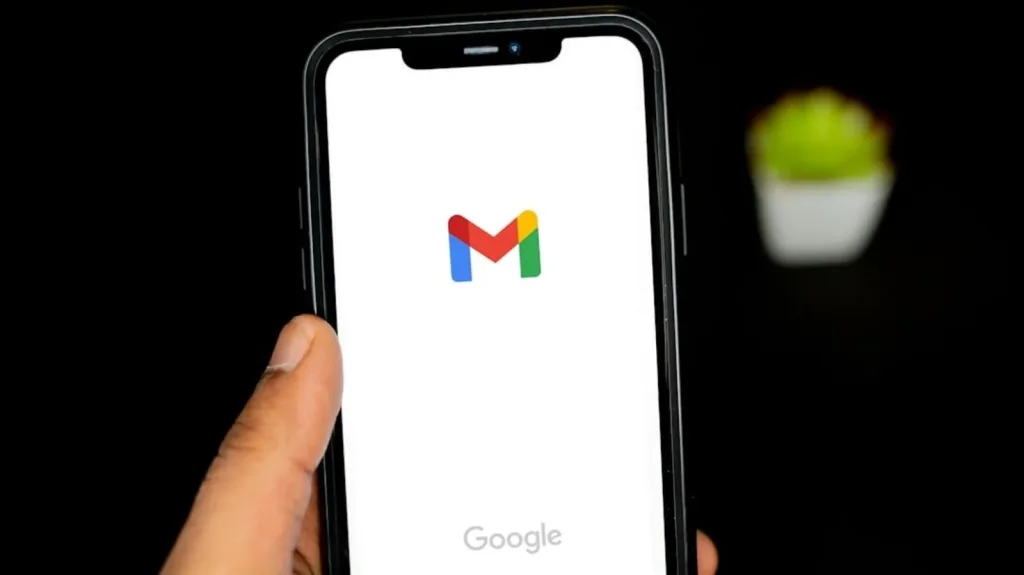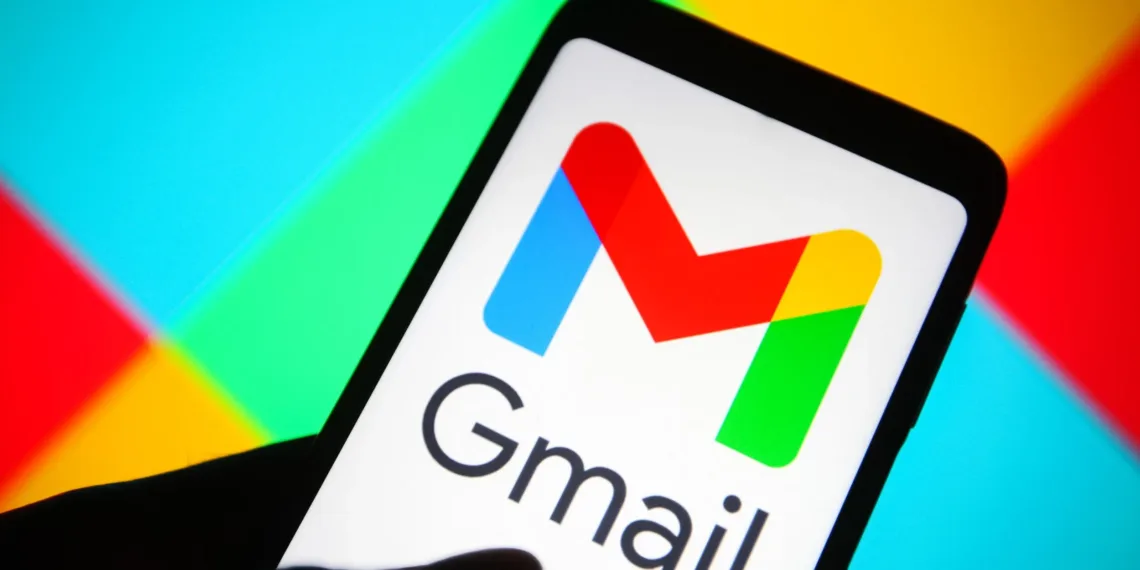Google has issued an urgent warning to Gmail users worldwide about a sophisticated new AI-powered scam that’s targeting password credentials. With over 1.8 billion Gmail accounts potentially vulnerable, this latest cyber threat represents one of the most dangerous phishing campaigns to date.
Table of Contents
How the Gmail AI Scam Works
The scam involves AI-powered voice calls that impersonate Google support, using “prompt-injection” attacks to trick users into believing their passwords have been compromised. Cybercriminals are leveraging artificial intelligence to create incredibly realistic voice messages and emails that bypass traditional security filters.
The FBI has specifically warned about the increasing threat of cybercriminals using AI in their scams, with attackers crafting highly convincing communications. These sophisticated attacks are designed to steal not just your Gmail credentials, but access to your entire Google ecosystem.

Key Scam Characteristics
| Scam Element | How It Works |
|---|---|
| AI Voice Calls | Impersonate Google support with realistic voices |
| Fake Warnings | Claim your password has been stolen |
| Urgent Actions | Push victims to call fake support numbers |
| Account Recovery | Request recovery codes and personal information |
| Social Engineering | Use fear and urgency to bypass logical thinking |
Why This Scam Is So Dangerous
If criminals successfully steal your recovery code, they gain access not only to your Gmail inbox but your entire Google Account, including services like Google Calendar that could reveal personal schedules and enable identity theft.
The sophistication of these AI-powered attacks makes them particularly concerning because they can:
- Create personalized phishing attempts based on your data
- Mimic legitimate Google communications perfectly
- Bypass spam filters and security measures
- Target users with convincing voice calls
- Adapt their approach based on victim responses
Essential Protection Steps
Immediate Actions:
- Enable Two-Factor Authentication: Add an extra security layer to your account through Google’s Security Settings
- Update Your Password: Create a strong, unique password combination
- Review Account Activity: Check for suspicious logins in your security dashboard
- Verify Support Contacts: Never trust unsolicited calls claiming to be from Google

Advanced Security Measures:
- Use Google’s Advanced Protection Program for high-risk users
- Enable security alerts for account changes
- Regularly audit connected apps and services
- Keep recovery information updated and secure
For comprehensive cybersecurity tips and tech insights, explore our latest security guides to stay ahead of emerging threats.
Red Flags to Watch For
Be especially cautious of:
- Unsolicited calls claiming account compromise
- Urgent demands for immediate action
- Requests for recovery codes or passwords
- Links in suspicious emails
- Pressure tactics using fear or time constraints
What Google Says
Google has emphasized that they will never call users unsolicited to request passwords or recovery codes. All legitimate security communications from Google will come through official channels and verified email addresses.
The tech giant continues to invest heavily in AI-powered security measures to combat these evolving threats, but user awareness remains the first line of defense.
Stay Protected in 2025
As AI technology advances, so do the capabilities of cybercriminals. The Gmail AI scam represents a new evolution in phishing attacks that requires heightened vigilance from all users.
For more insights on protecting yourself from emerging cyber threats and the latest in technology security, check out our cybersecurity news section for regular updates on digital safety.
Frequently Asked Questions
Q: How can I tell if a Google support call is legitimate?
A: Google never makes unsolicited calls to users about account security. Any unexpected call claiming to be from Google support asking for passwords, recovery codes, or personal information is a scam. Always hang up and contact Google directly through their official support channels.
Q: What should I do if I think I’ve fallen victim to this scam?
A: Immediately change your Google account password, enable two-factor authentication, review your account activity for unauthorized access, and run a security scan on your devices. Report the incident to Google through their Security Help Center and consider contacting local authorities if financial information was compromised.








